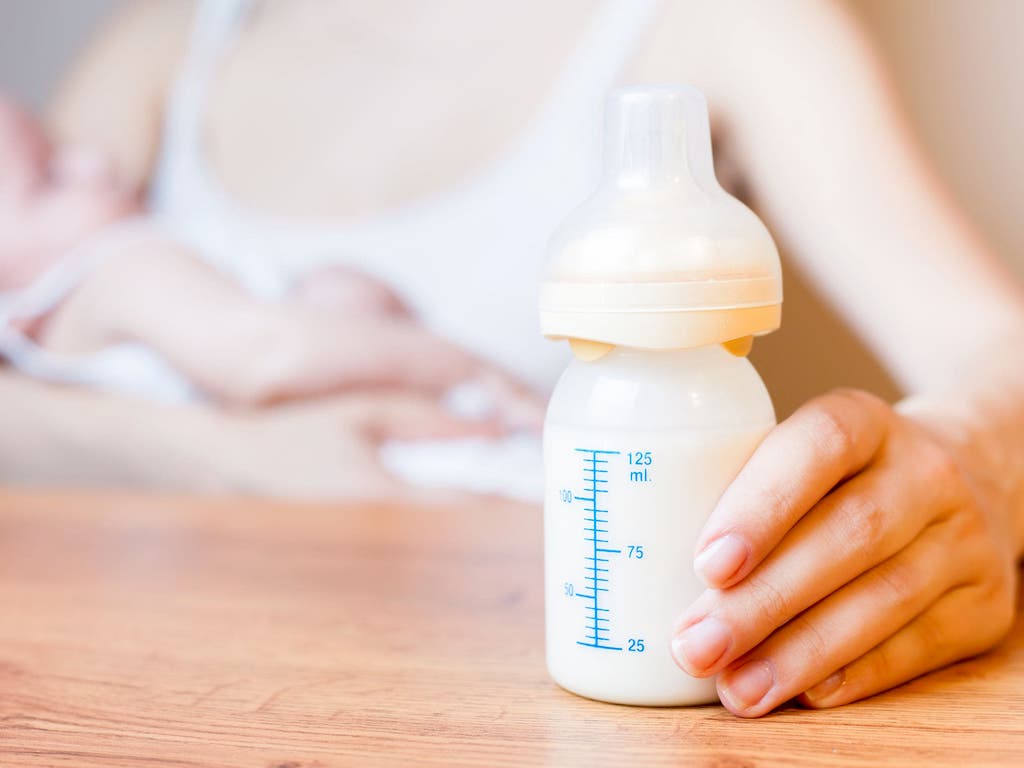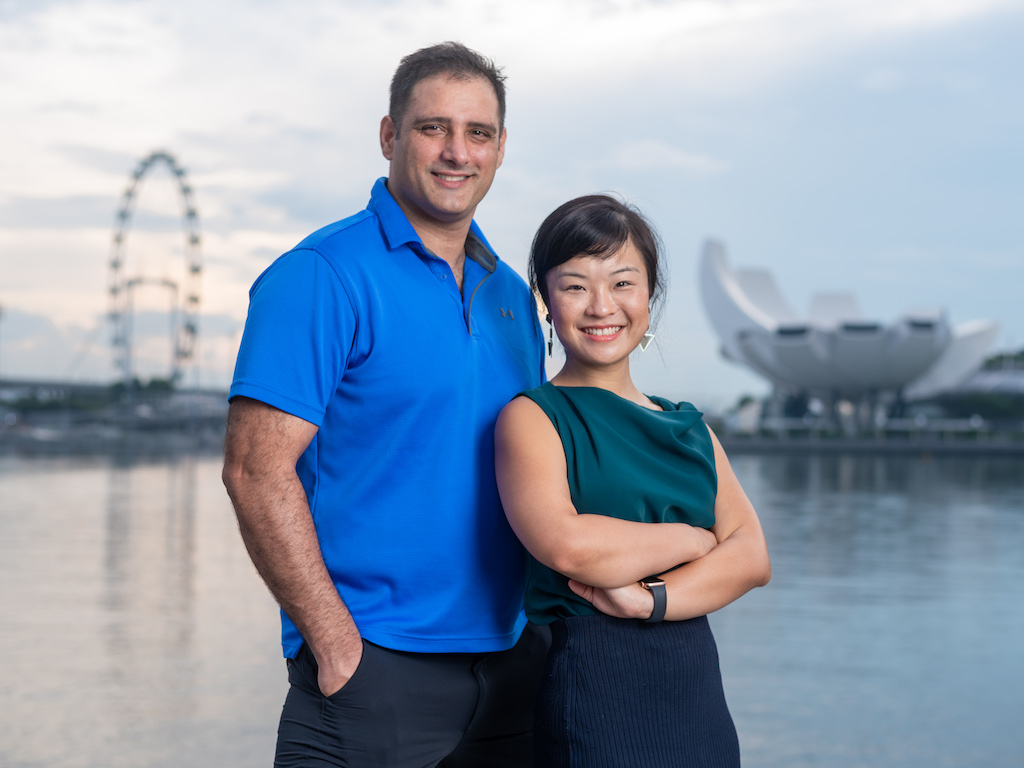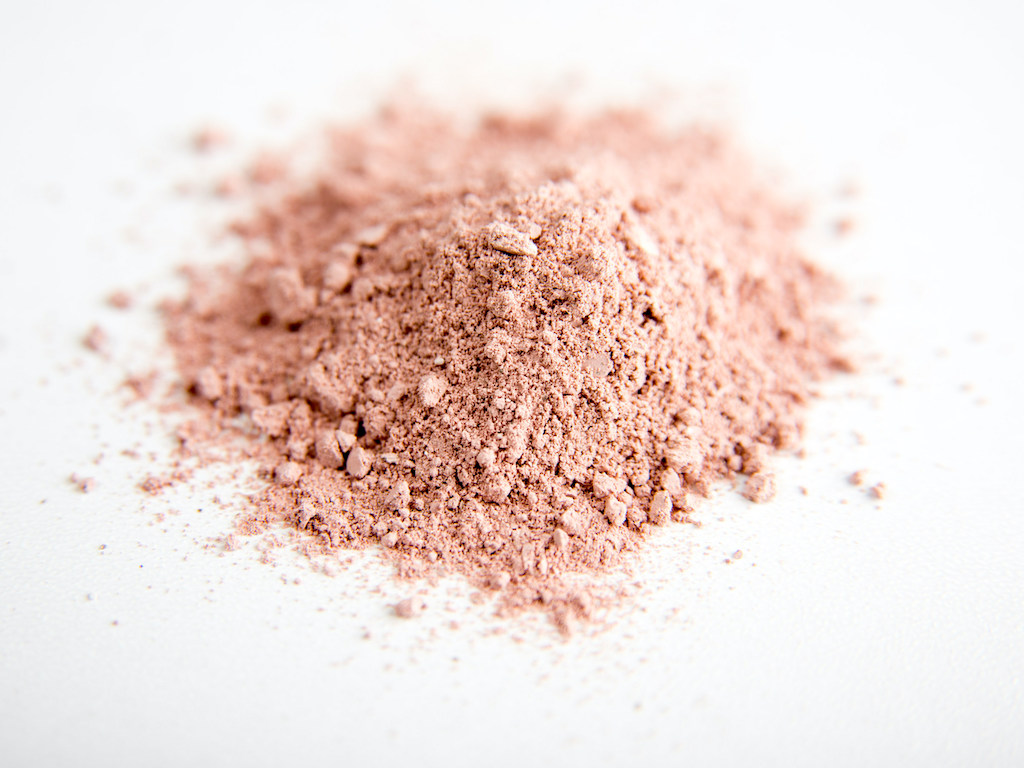Singapore-Based TurtleTree Announces Cell-Based Human Lactoferrin As First Commercial Product
4 Mins Read
Singapore and U.S.-based food tech TurtleTree will be launching human lactoferrin as its first cell-based commercial product. Until now, lactoferrin has been derived from cow’s milk and is used in infant milk formulas for its immunity-boosting properties, as well as in performance nutrition and medical applications.
TurtleTree is now gearing up to bring to market its cultured human lactoferrin, the company announced on Friday (June 4). The milk ingredient is known for its immune-boosting qualities, and has been linked to fighting bad bacteria in the gut and viral infections, including linkages against blocking Covid-19.
Lactoferrin is also known to play a critical role in brain development, inflammation responses and is gaining traction for applications in senior health, such as treating hepatitis C and regulating iron processing functions.
It has until now been produced using cow’s milk, and been incorporated into infant formulas to provide babies with early protection. However, human breast milk contains lactoferrin in far higher quantities with around 5-times the amount found in cow’s milk.

TurtleTree has chosen to be commercially focused by exploring deeper into the field of milk ingredients. There are highly beneficial and valuable proteins and complex sugars in milk that can be scaled into existing nutritional products much sooner.
TurtleTree
TurtleTree’s cell-based human lactoferrin recreates the human-optimised protein using the blueprint of human breast milk, making the nutritionally and health valuable compound “more accessible to everyone” while eliminating unsustainable animal agriculture and cruelty from the supply chain.
Choosing the ingredient human lactoferrin as its first commercial cell-cultured product means TurtleTree will be able to disrupt the current dairy-dominated infant formula market, which is set to balloon to US$103 billion by 2026, before cell-based whole milk passes through regulatory hurdles in the next few years.
Cell-based human lactoferrin still requires regulatory approval, but is expected to be a much shorter and faster process to market with TurtleTree currently navigating regulations in both the U.S. and Singapore, where cultured meat produced by Eat Just has already been given the go-ahead.
TurtleTree plans to roll out its cell-based human lactoferrin via B2B channels, partnering with existing infant milk formula and performance and athletic nutrition companies to incorporate the ingredient into products.
“TurtleTree has chosen to be commercially focused by exploring deeper into the field of milk ingredients,” said the firm in a press statement. “There are highly beneficial and valuable proteins and complex sugars in milk that can be scaled into existing nutritional products much sooner.”
“We have been able to identify early commercial ingredient targets due to our frequent conversations with prominent performance nutrition and infant formula companies,” commented Max Rye, chief strategist at TurtleTree.

We have been able to identify early commercial ingredient targets due to our frequent conversations with prominent performance nutrition and infant formula companies.
Max Rye, Co-Founder & Chief Strategist, TurtleTree
“We’ve since seen tremendous interest from global partners in our portfolio of human and bovine milk products. It is going to be an exciting year for us,” Rye continued.
When asked about the format the product will be launched in, TurtleTree creative producer Joant Úbeda told Green Queen Media that it will come in powder form and will be available to clients at price parity with its conventional dairy-based counterparts.
TurtleTree is producing the ingredient in its GMP-grade facility in the U.S., and will be ramping up manufacturing capacity with an aim to be able to commercialise in the next 12-18 months, said Úbeda.
The news comes on the heels of U.S.-based women-founded startup Biomilq’s announcement that it has successfully produced the world’s first cell-cultured human breast milk last week. TurtleTree and Biomilq are among the tiny cohort of firms globally setting out to bring sustainable, ethical and nutritional disruption to the infant milk industry.
But aside from human breast milk components, TurtleTree is also culturing dairy milk and stands as Asia’s only startup using cell-based biotechnology to do so with the exact composition, functionality and taste, without the need to slaughter cows.
It recently launched TurtleTree Scientific, an offshoot venture dedicated to food-grade growth factors as well, and has forced partnerships with Chinese firm JSBio and Dyadic International to help expedite the path to market and bring down costs for cultivated protein producers.
Lead image courtesy of TurtleTree.




